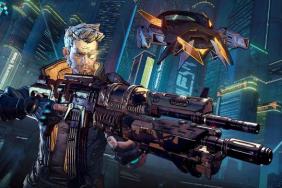Here's the thing about Dota 3: It's never gonna happen, but it just did. Dota 2 is by far the most popular game on Steam, and will likely stay that way forever. The free-to-play game is also incredibly profitable, with a cosmetic purchase model that has made Valve never have to consider other avenues of financial success.
Because of all of this, Valve will never fracture its player base by releasing a whole new title that could only cannibalize its profit margins. Rather, they will continue to update Dota 2 until the cows come home. This can take on an incremental evolutionary change to the game, essentially traveling several miles step by step, but the underlying game has always been arcane.
For example, as a player who hasn't logged on to Dota 2 in more than two years (after it soaked up more than 2,000 hours of my life), I found watching the Boston Major to be slightly confusing. Every hero had an item that I had never seen before, Roshan was in a different place, and new heroes made certain engagements hard to follow.
Related: Dota 2's International Curse Strikes Again At The Boston Major
That being said, it was still the Dota 2 I knew before. You still pushed lanes, fought to purchase key items in response to the developments in each game, and the conclusions were still as miraculous and spectacular to watch. Put another way, Dota 2 still put its pants on one lane at a time.
But, just as the dust was settling on a staggeringly competitive grand final on the Boston Major, Valve released Patch 7.00, the closest thing to "Dota 3" we will ever get. It became very clear that Valve wasn't just releasing your standard patch, with simply a new hero and a list of small, but impactful balance changes. Basically everything we know about Dota 2 is about to change.
While Dota 2 has always evolved in small steps, Patch 7.00 is a giant leap for Dota-kind, changing the HUD, drastically changing the map, adding ground-breaking changes to hero leveling, and creating other features that will fundamentally alter the way Dota 2 is played.
I won't take up the time to go through each change individually (mostly because that would take, say, a whole multi-paged website). Suffice it to say that, while I was certainly able to follow the Boston Major, despite not entering the battlefield myself since 2014, I fear I'll be in the dark for the next major tournament.







